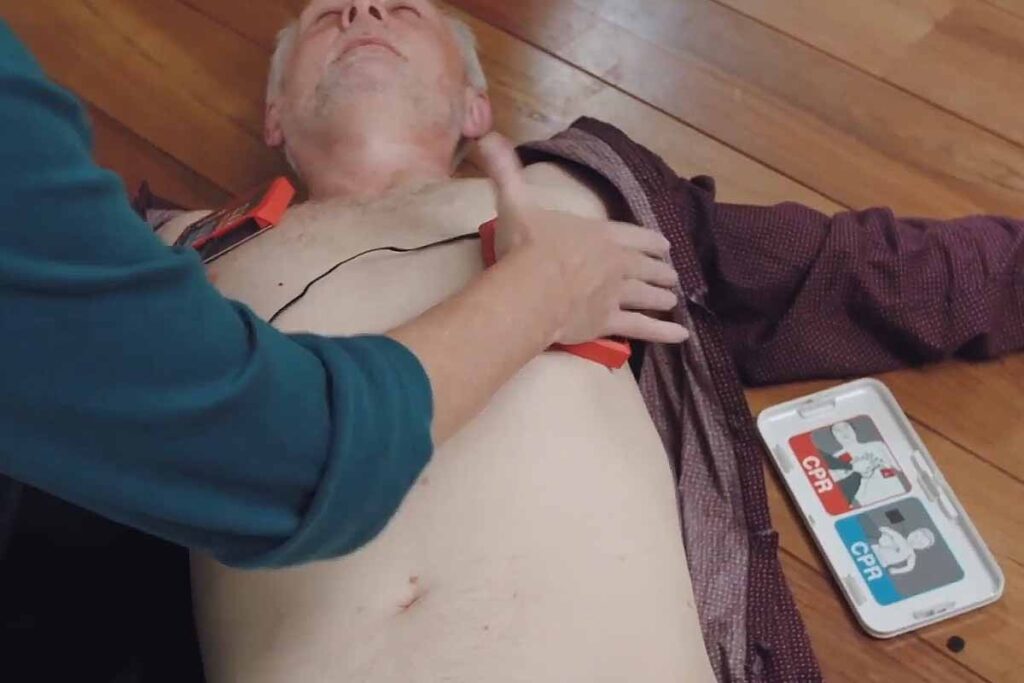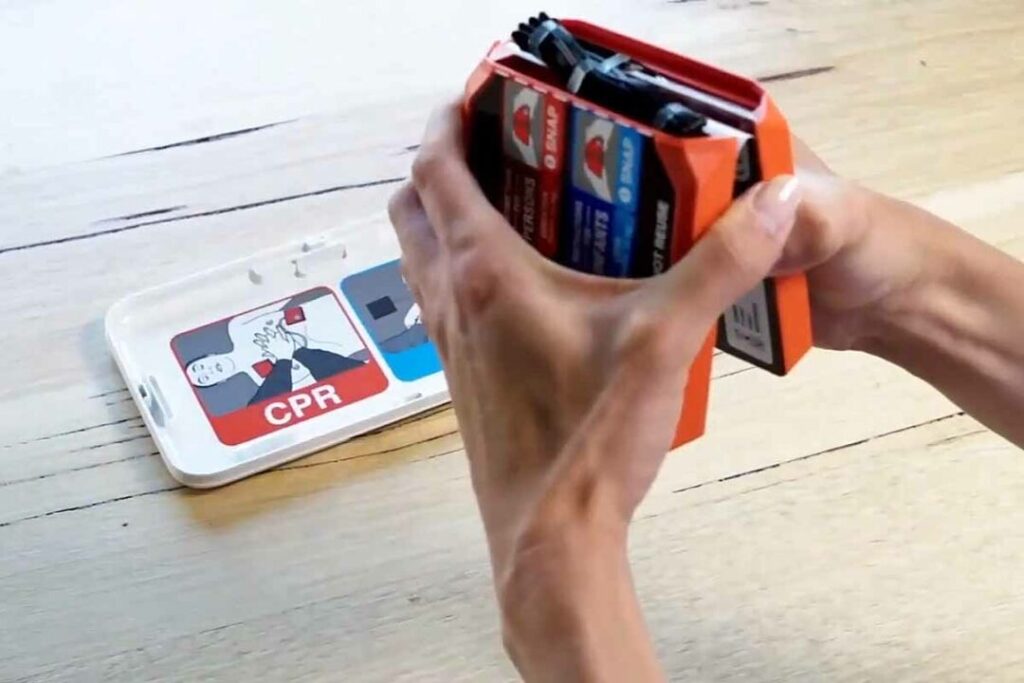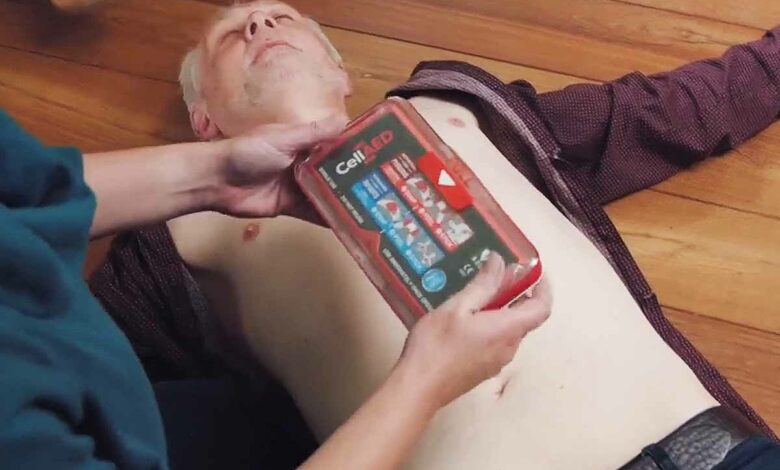The race against time in cardiac emergency situations may have found a new ally: the CellAED. It is an innovative defibrillator, no more cumbersome than a smartphone, the fruit of the Australian's ingenuity Donovan Casey, moved by a touching personal experience. The CellAED represents a revolution in the world of emergency medical devices, making defibrillation accessible to everyone, everywhere.
An urgent need for intervention
A portable defibrillator like CellAED can make a real difference. Around the world, sudden cardiac arrests represent a far-reaching health challenge. According to a systematic review and meta-analysis published in Critical Care, the average global incidence of out-of-hospital sudden cardiac arrest (OHCA) among adults is 55 per 100.000 person-years. In the USA (the most "dead" country), 2020 deaths were recorded in 436.852 attributed to sudden cardiac arrest. The situation is equally serious globally, with millions of lives lost every year due to sudden cardiac arrests, according to The Lancet Commission. The CellAED, with its compact size and ease of use, is proposed as an answer to this urgent need on a global scale, offering a practical and immediate way to intervene in these critical cases.
Intuitive operation

The operation of the CellAED defibrillator is surprisingly simple and intuitive. It is activated by breaking it along a perforated line, and activates a voice guide that assists step by step in the defibrillation process. The device automatically analyzes the victim's heart rhythm and, if necessary, administers an electric shock.
Casey has worked dedicatedly to make the CellAED a reliable and accessible device. The device is still in the approval and clinical testing phase, but it is possible to pre-order it online (also to test the pulse upon request). Currently, its price is not very low: wanders around 460 euros. It is a significant investment for personal safety and that of those around us, we hope first of all that its effectiveness is proven: then, that the price drops or that it is provided free of charge by the health authorities.

A “capillary” defibrillator
CellAED takes security one step further, making it personal and mobile. In addition to fixed defibrillators, now anyone can have a life-saving device always at hand. Casey's personal story (he lost his wife to sudden cardiac arrest) and his commitment to making immediate relief a reality for all is a powerful reminder of the value of life and innovation in service.
This “smart defibrillator” represents a turning point, not only in medical technology, but also in people's mentality. With devices like this, we are all potential saviors, ready to act when every second counts. First aid training and the availability of tools like the CellAED can make the difference between life and death.


